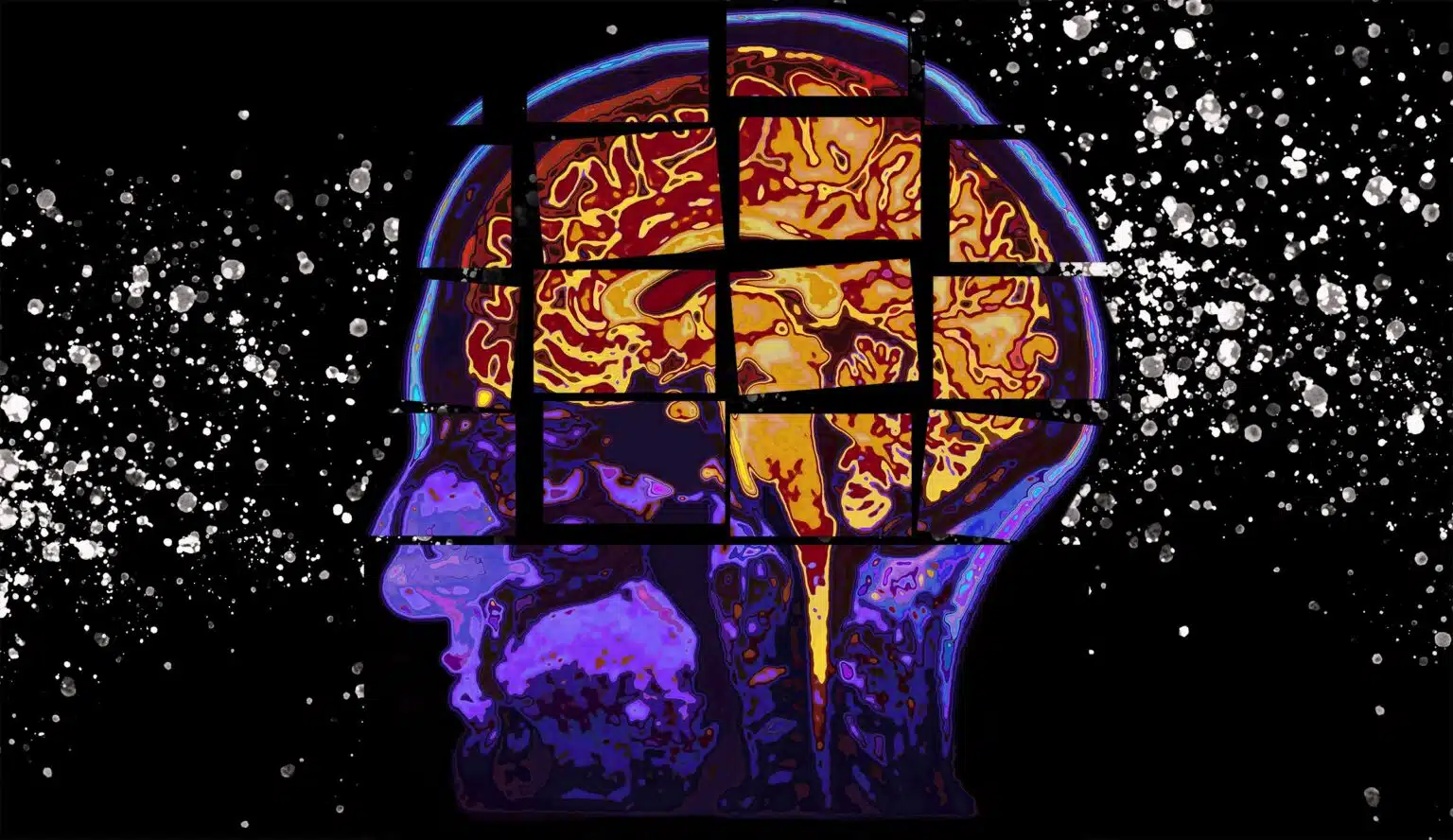Researchers have discovered that introducing a “reset button” in the brains of mice enables them to quickly readjust their internal navigation system, assisting them when faced with perplexing circumstances.
Using the latest brain imaging techniques, scientists have obtained fresh knowledge about the section of the brain responsible for providing us with a sense of direction. The research results have illuminated the brain’s ability to establish orientation in fluctuating surroundings as well as the processes that can be disrupted by degenerative conditions like dementia, leading to feelings of disorientation and confusion.
What do the scientists say?
According to researchers at McGill University in Canada, a recent study has potential implications for humans as well, particularly with respect to mental processes that could be disrupted in neurodegenerative disorders such as dementia. The study involved implementing a “reset button” in the brains of mice, which allowed for a rapid reorientation of their internal compass and helped them navigate confusing situations.

Mark Brandon, who is both an associate professor of psychiatry at McGill University and a scientist at the Douglas Research Centre, collaborated with Zaki Ajabi on the study.
Brandon notes that advancements in technology have led to a revolution in neuroscience research over the past decade, enabling scientists to address questions that were previously unimaginable. According to him, feeling disoriented and lost in familiar surroundings is one of the first cognitive symptoms that people typically describe in connection with Alzheimer’s disease.
The outcomes of the study motivated the researchers to create novel models for improved comprehension of the fundamental mechanisms. Xue-Xin Wei, a computational neuroscientist and an Assistant Professor at The University of Texas at Austin, commented that the study is an excellent illustration of how experimental and computational methods, when combined, can enhance our understanding of the brain activity responsible for behavior.
The research
By precisely interpreting the rat’s internal head direction, the researchers were able to investigate how the Head-Direction cells, comprising the brain’s internal compass, aid in reorienting the brain in response to changing environments.

The researchers discovered a phenomenon known as ‘network gain,’ which allowed the brain’s internal compass to adjust itself following disorientation. Zaki Ajabi compared this process to a “reset button” in the brain that facilitates a swift reorientation of the internal compass when encountering confusing situations.
The researchers suggest that this finding could be relevant for humans, who may also experience feelings of confusion and disorientation in the context of neurological disorders. Therefore, the study’s implications could contribute to further research into understanding the underlying mechanisms of dementia and developing potential treatments to improve cognitive function in affected individuals.
The findings
The researchers noted that their ability to record brain activity allowed them to make these observations. Even though the study was conducted on mice, the researchers believe that the findings have implications for humans, particularly in light of the growing use of virtual reality technology.

The researchers anticipate that their findings will have a considerable impact on the identification and evaluation of treatments for Alzheimer’s disease at an early stage. Alzheimer’s disease leads to a reduction in brain size and the eventual death of brain cells. This condition is the initial cause of dementia, characterized by a gradual deterioration of memory, cognitive abilities, behavior, and social skills. These changes have a significant impact on an individual’s ability to perform daily activities and function effectively.












